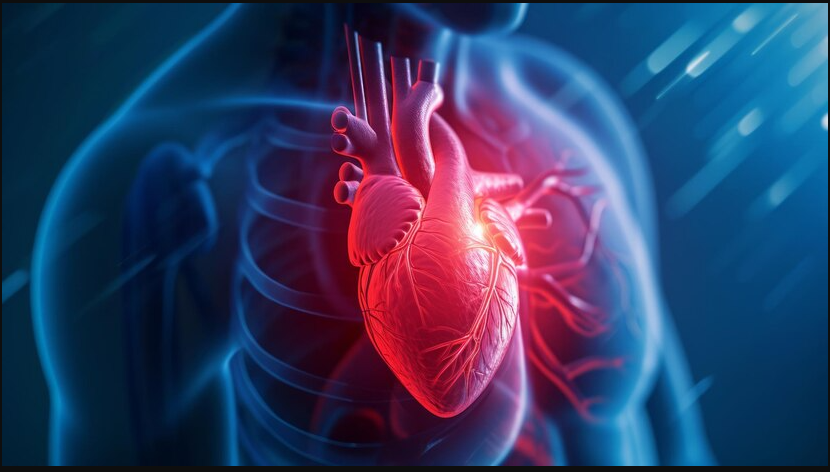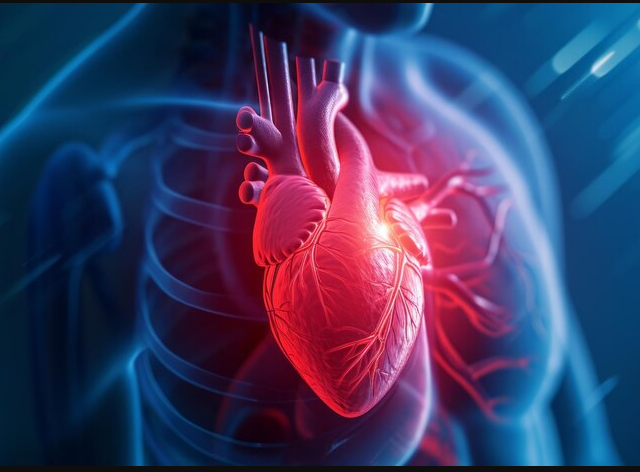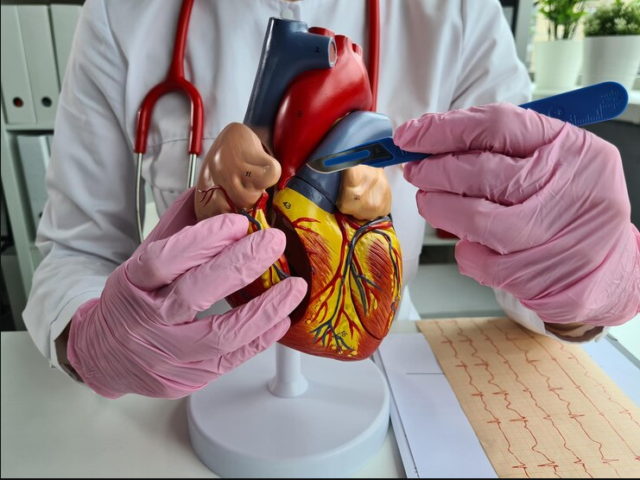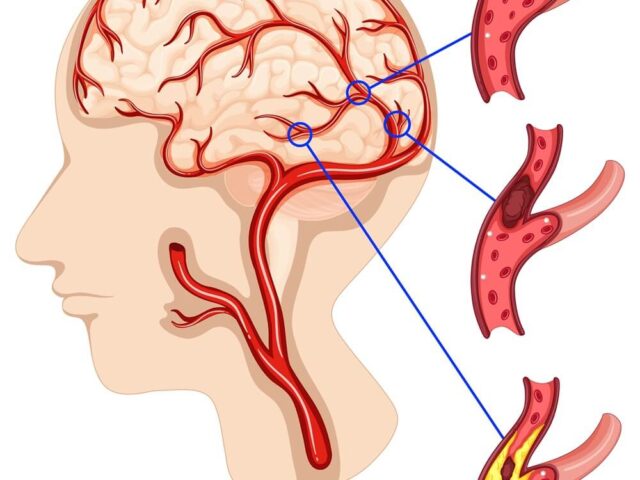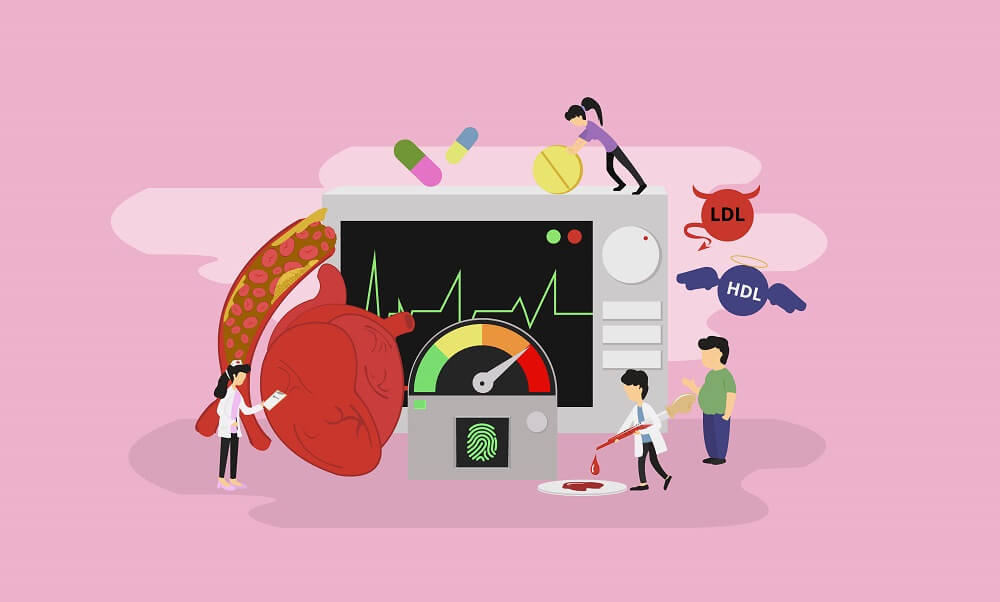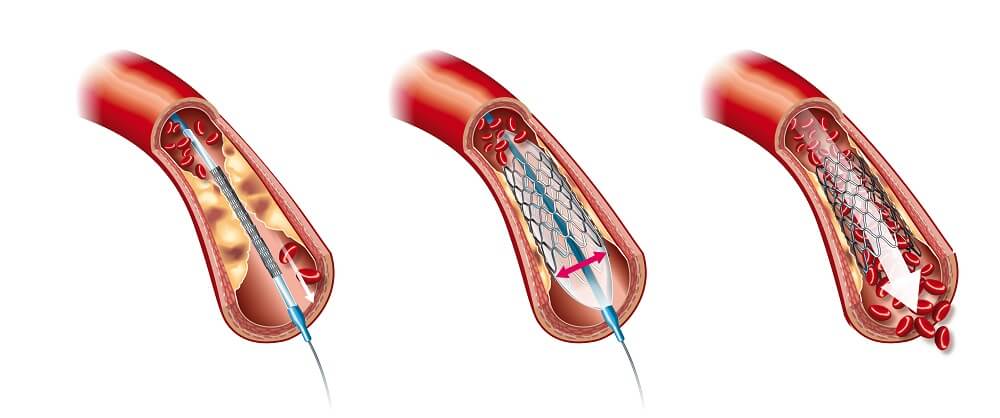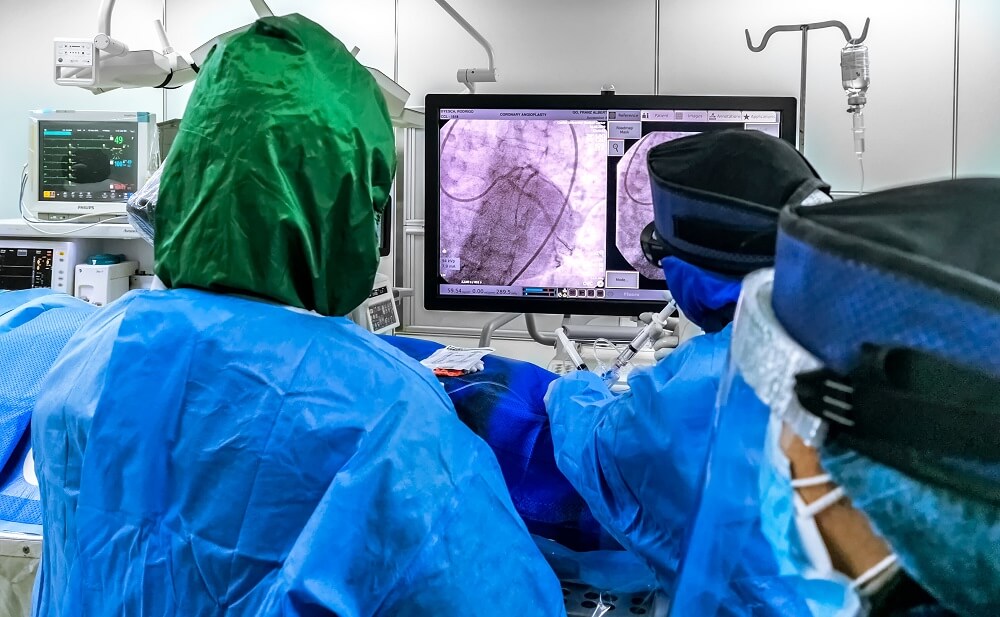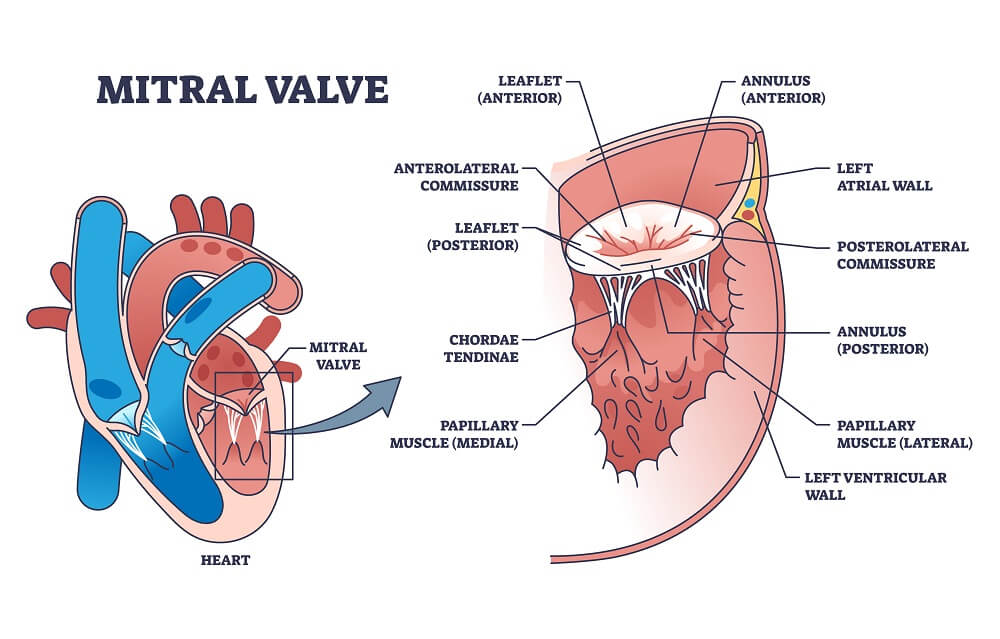Approximately 17.9 million people die of cardiovascular diseases every year. With the number growing at an alarming rate, individuals must take active measures to care for their hearts and routinely see an expert.
heart specialist in Hyderabad | Dr Raghu
We all know of that perfect store in the mall or the restaurant with the most delectable food, but when trying something new, do we ever venture without reading reviews? But when it comes to picking the best cardiologists in Hyderabad, can you rely merely on the reviews?
Coronary angioplasty aka PCI is a common procedure with excellent success rates. The in-hospital mortality following PCI is 1-2% and in the setting of acute coronary syndrome is 3%. Additionally,1-2% of patients die after discharge within 30 days.
Two recent retrospective database analyses from the states of New York and Michigan Blue shield studied mortality after PCI 1,2. The New York database included 135,000 patients studying in-hospital and 30-day mortality while the Michigan database had 92,000 patients analysing in-hospital mortality.
I present these papers with the learning points so that we can improve patient outcomes.
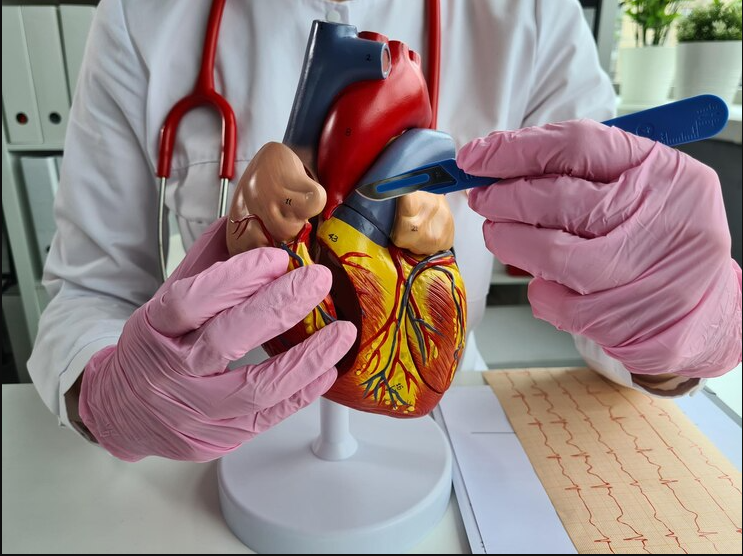
The findings
- Both databases showed a 1.5% – 30-day mortality after PCI.
- 30% of these deaths are preventable.
- Most in-hospital deaths were non preventable (70%). They were attributed to pre-existing cardiac conditions such as cardiogenic shock, left ventricular failure, comorbidities etc. Most of them are emergency and high-risk patients. 30% of in-hospital deaths are preventable and in most cases the indication for PCI was rarely beneficial.
- After-discharge deaths accounted for 30% of the total 30-day mortality. Surprisingly, 60% of these deaths happened in non-emergency patients and in low-risk patients.
- Most deaths that happened in low-risk patients were in whom the PCI was rarely indicated.
- Procedural complications such as coronary perforation and rupture are extremely rare.
The learnings
- Most deaths after discharge and 30% of in-hospital deaths are preventable and happened in low-risk PCI groups.
- Patient selection using Appropriate Utility Criteria needs to be widely implemented.
- Pre-procedure patient preparation by optimising co-morbidities and heart failure could improve the outcomes.
- Post-discharge monitoring of patients could improve the outcomes.
- Hospital quality metrics need to include both in-hospital and 30-day mortality following PCI rather than in-hospital mortality alone.
References
Salt substitutes, particularly those containing potassium chloride, can be effective tools in reducing sodium intake and promoting heart health. However, adopting salt substitutes should be done thoughtfully and in consultation with healthcare professionals, especially for those with specific medical conditions.

Heart disease, once considered primarily an ailment that affected people in their 60s or 70s, is now becoming a significant concern in children. According to a report in the Times of India, there has been a disturbing increase in the number of children suffering from heart diseases and, tragically, even losing their lives to these conditions.
In this article, we will delve deeper into heart disease risk in kids and discuss a few useful tips to prevent a heart attack and other cardiovascular conditions from a young age.
The Rising Prevalence of Heart Disease in Children
Heart disease is increasingly becoming a significant health issue among children worldwide. While congenital heart defects have been recognized for years, there is a concerning rise in acquired heart diseases in children, including cardiomyopathies, arrhythmias, and atherosclerosis.
Additionally, there have been several reports of individuals in their 20s and 30s succumbing to heart attacks. That, in turn, emphasizes the need to identify and address heart disease risk in young people. The sooner we parents recognize these risks and inculcate heart-healthy habits in their children, the lower their risk of developing chronic cardiac conditions.
Contributing Factors to Heart Disease Risk in Kids
In this section, we will take a closer look at a few factors that are increasing heart disease risk in kids.
Unhealthy Diet
The modern lifestyle has led to a surge in the consumption of processed and high-calorie foods, leading to childhood obesity and related cardiovascular issues. Such diets are low in essential nutrients and high in unhealthy fats and sugars, contributing to elevated cholesterol levels and other heart disease risk factors in kids. Childhood obesity can also make children more vulnerable to metabolic disorders like type 2 diabetes.
Sedentary Lifestyle
With the advent of technology, children are spending more time on screens and less time engaging in physical activities. This sedentary lifestyle has adverse effects on their cardiovascular health, leading to weakened heart muscles and poor circulation.
Genetics and Family History
Family history plays a crucial role in determining a child’s susceptibility to heart disease. If there is a history of heart problems in the family, the child may be at a higher risk. Several studies also suggest that prenatal factors, such as maternal nutrition during pregnancy, smoking, or exposure to environmental toxins, can influence the child’s heart health in later life.
Stress and Mental Health
Chronic stress and mental health issues have been associated with heart disease risk in kids. Stress can trigger unhealthy coping mechanisms like emotional eating and contribute to high blood pressure and inflammation.
Identifying Early Warning Signs
Heart disease in children may present differently than in adults, making it essential for parents and healthcare providers to be vigilant about early warning signs. Common symptoms that could indicate a heart problem in children include fatigue, shortness of breath, chest pain, and fainting spells.
Routine health check-ups play a critical role in identifying potential heart issues in children. Through regular examinations and tests, healthcare professionals can spot risk factors early and offer appropriate interventions.
Preventive Measures and Management
While heart disease is becoming more prevalent in kids, there are ways to minimize its risk. Here are a few tips to prevent a heart attack and other conditions in children:
Promoting a Heart-Healthy Lifestyle
Prevention is always better than cure, and instilling heart-healthy habits in children is the first step toward reducing heart disease risk. Start by encouraging your child to be more active. Regular physical activity is crucial not only for maintaining a healthy weight but also for strengthening the cardiovascular system. Nutrition also plays a vital role in preventing heart disease in children. Incorporating more heart healthy foods like nuts, fruits, vegetables, and whole grains into your kid’s diet is crucial.
Final Thoughts
The rising incidence of heart disease risk in kids is a concerning global health issue. Understanding the contributing factors and implementing preventive measures are crucial steps in addressing this problem effectively. By promoting healthy lifestyles, conducting regular health check-ups, and raising awareness among parents, healthcare providers, and communities, we can work towards safeguarding the heart health of the younger generation. Together, we can ensure a healthier future for our children.
Dr. C Raghu is an eminent interventional cardiologist who is often regarded as the best heart specialist in Hyderabad. If your child has been diagnosed with a heart condition, reach out to Dr. Raghu today to discuss the right treatment options.
Book Online Consultaion
Heart Disease Risk In Children: Understanding The Growing Concern
Subscribe the Hearty Life Blogs

DR. RAGHU | Best Cardiologist in Hyderabad
Cardiology Coronary, Vascular and
Structural Interventions
Conditions & Diseases
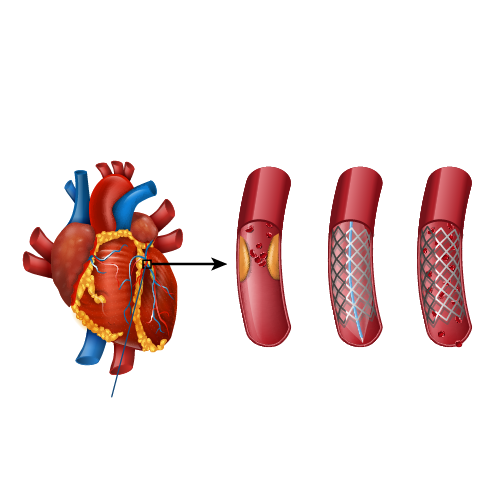
Angioplasty
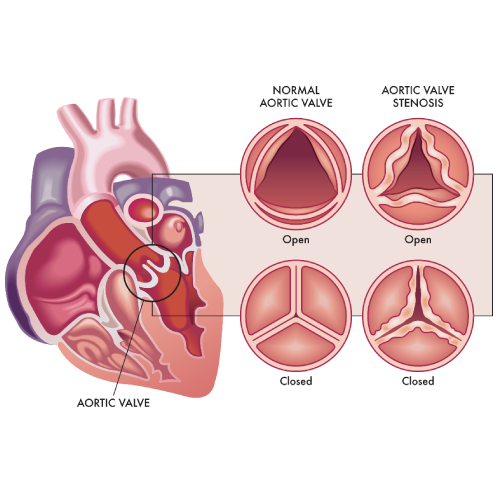
Aortic Stenosis
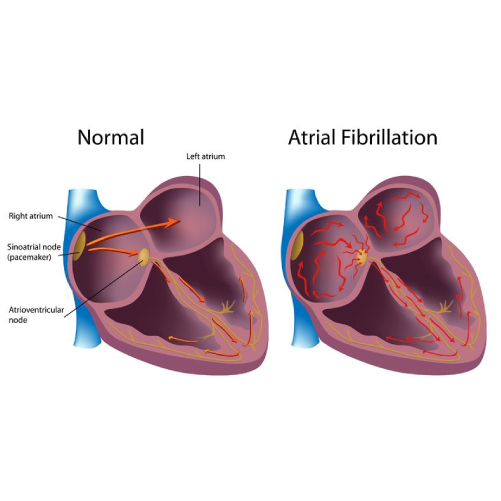
Atrial Fibrillation
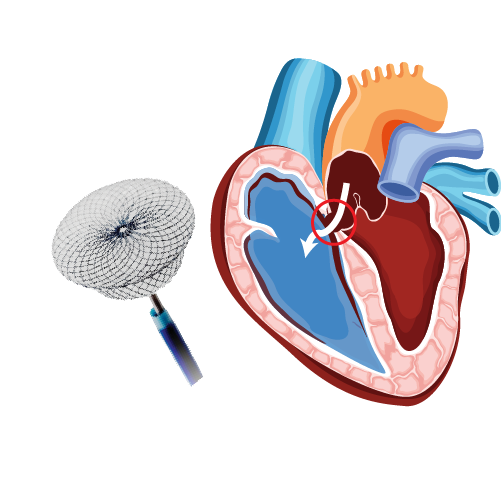
Atrial Septal Defect
Heart disease remains a significant global health concern, accounting for a considerable number of deaths worldwide. While it is well known that factors such as high blood pressure, high cholesterol levels, and obesity can contribute to heart disease.
A weak heart, also known as heart failure, is a condition characterized by the heart's inability to pump blood efficiently, leading to reduced circulation and inadequate oxygen supply to the body's tissues.
Angioplasty and stent placement are interventional cardiology procedures commonly used to treat coronary artery disease (CAD). These procedures work together to restore blood flow to the heart muscle by widening narrowed or blocked arteries.
Complex coronary angioplasty in the heart is an advanced interventional cardiology procedure recommended for patients who have previously undergone coronary bypass surgery.
TEER is a catheter-based procedure that utilizes a small, flexible device to repair the mitral valve. The procedure is typically performed in a cardiac catheterization lab under fluoroscopic guidance without the need for a sternotomy or cardiopulmonary bypass.

